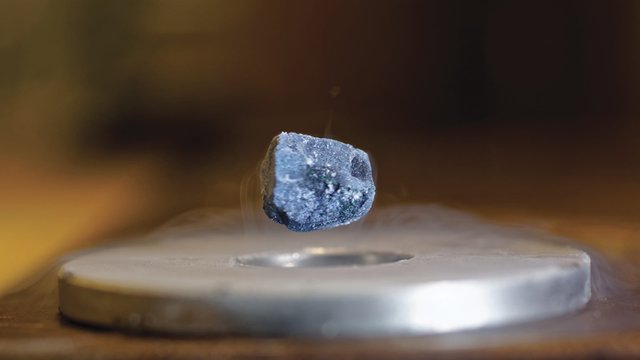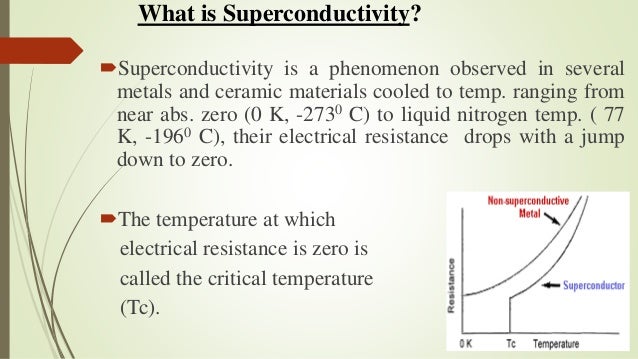Ceramic Superconductors Wiki

Conductive ceramics conductive ceramics superconductors.
Ceramic superconductors wiki. Superconductivity is the complete disappearance of electric resistance in materials that are cooled to extremely low temperatures. Chemical formula is yba2cu3o7. Tc is usually measured in degrees kelvin k 0 k being absolute zero the. Bcs means whether or not the superconductivity is explained within the bcs theory.
The yttrium compound is often called the 1 2 3 superconductor because of the ratios of its constituents. Ceramics are normally insulators. Superconductivity is a set of physical properties observed in certain materials where electrical resistance vanishes and magnetic flux fields are expelled from the material. The table below shows some of the parameters of common superconductors.
The yttrium compound is somewhat unique in that it has a regular crystal structure while the lanthanum version is classified as a solid solution. The superconductor we will be experimenting with is an yttrium y barium ba and copper cu composition. The high temperature superconductors are ceramic materials with layers of copper oxide spaced by layers containing barium and other atoms. Any material exhibiting these properties is a superconductor unlike an ordinary metallic conductor whose resistance decreases gradually as its temperature is lowered even down to near absolute zero a superconductor has a.
Yba 2 cu 3 o 7 x was the first ceramic superconductor discovered with t c greater than liquid nitrogen temperature. The highest critical current density is achieved when x 0 so that the composition is yba 2 cu 3 o 7 but the material remains superconducting for values of x down to about 0 5. X y means material x doped with element y t c is the highest reported transition temperature in kelvins and h c is a critical magnetic field in tesla. Opened up the possibilities for new superconductors.
The ceramic materials used to make superconductors are a class of materials called perovskites. The first high temperature superconductor was discovered in 1986 by ibm researchers bednorz and müller 3 6 who were awarded the nobel prize in physics in 1987 for their important break through in the discovery of superconductivity in ceramic materials. Because liquid nitrogen is relatively inexpensive and easier to handle there is a greater interest in the ceramic superconductor machines than the liquid helium cooled metal superconductor machines. Many ceramic superconductors physically behave as superconductors of the second type.
The ceramic superconductors are also called high temperature or liquid nitrogen temperature superconductors. A ceramic superconductor was discovered by alex müller and georg bednorz. Superconducting quantum interference device squid. A lanthanum barium copper and oxygen compound with a critical temperature of 30k.
















































